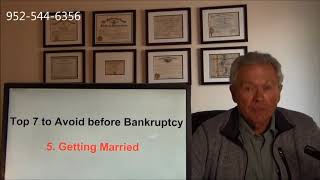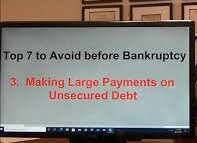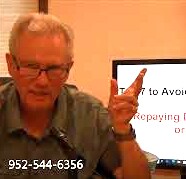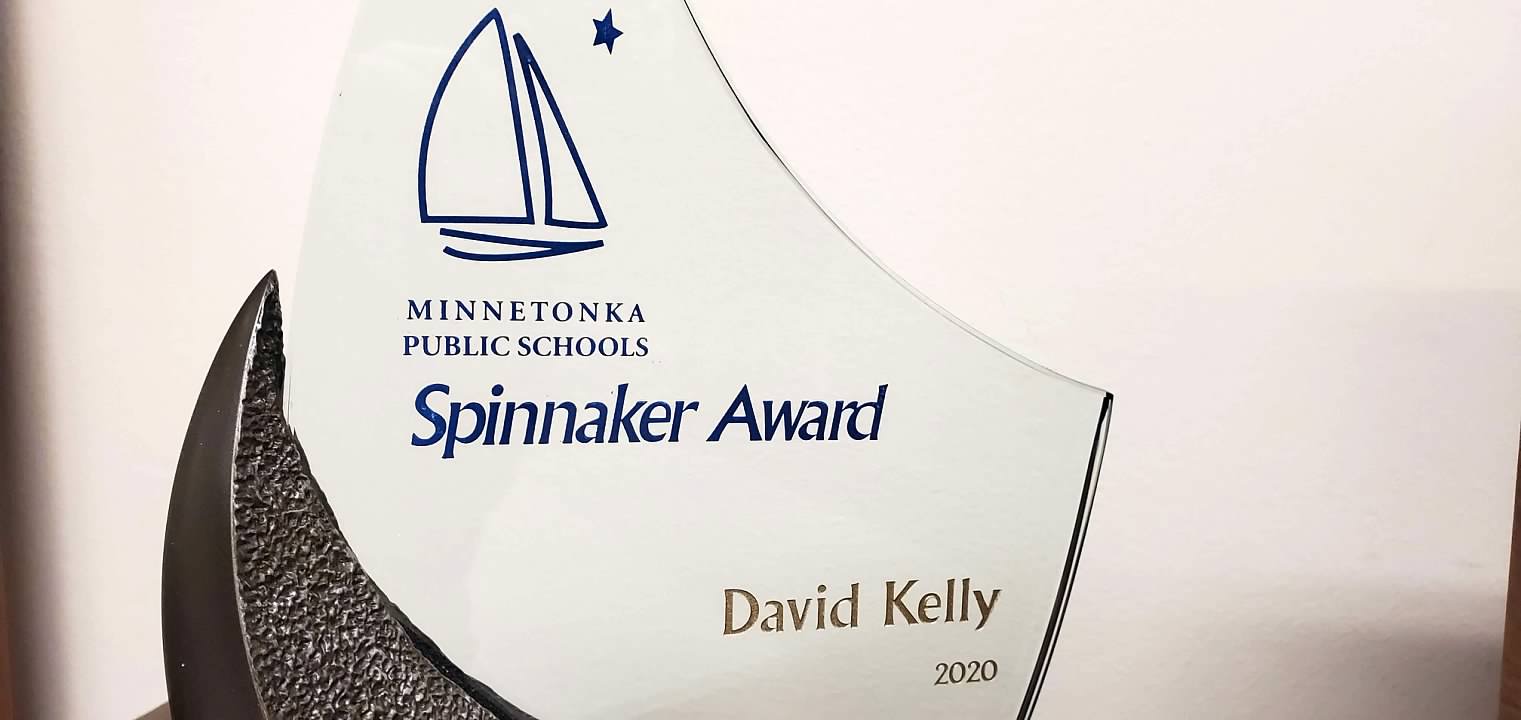By Dave Kelly, Minnesota bankruptcy attorney
This is the last in my series of articles about the top seven things that in my opinion you should avoid doing prior to filing a Chapter 7 or Chapter 13 bankruptcy. My list is not exclusive. There are lots of other things to be avoided. On one web page I saw a list of 33 things to avoid. All I am saying is that this list is my top seven. Others may disagree on my ranking of these.
Why is Debt Run-up Before Bankruptcy a Problem?
The reason you should avoid running up debt right before filing a bankruptcy is that doing so may result in an objection to your discharge from one of the creditors. Typically this would not be an objection to your entire bankruptcy case, but just an objection to the one particular debt owing to that particular creditor. The larger the debt and the closer to the filing date of the bankruptcy it was incurred, the greater the risk.
The creditor will review the account and use the history of the account to try and prove that you had no intent of paying the debt at the time you ran it up. If you had no intent to pay when you incurred the debt, the creditor can object on the grounds of false pretenses and fraud. The evidence that the creditor will use will usually be entirely circumstantial . Basically they put together their case and ask the judge “what’s this look like to you?” Often it can be pretty obvious, other times not.
Worse if for Luxury Good or Services
The creditor’s case is always stronger if the debt is for luxury goods and services, especially if the purchases spike right before the bankruptcy is filed. When somebody who hardly ever goes farther then Duluth suddenly decides they need a trip to Europe, it looks suspicious. Expensive restaurants, large purchases of alcohol, spas and pedicures don’t look so good either. On the opposite end of the spectrum is medical expense. People usually don’t have control of medical costs, and the medical providers almost never object.
What the Law Presumes
Ordinarily the creditor has the burden of proof when they file an objection to discharge. This means that the creditor has to prove their case and the debtor does not have to necessarily prove anything. The bankruptcy statute has two situations, however, where certain presumptions shift the burden of proof to the debtor. Here they are:
1. Any consumer debt for goods and services owed to a single creditor in excess of $725 incurred within 90 days of filing is presumed to be for luxury items. With the proper evidence in your favor, the presumption can be rebutted; but it’s best just to wait so you don’t have to go through a potential objection from the creditor.
2. Cash advances in excess of $1,000 made within 70 days of filing are presumed non-dischargeable. Again, if this has happened it may be best to wait until the time period has passed before filing.
What this Really Means
As a practical matter what does all this mean? In my opinion it means that you might not want to file a bankruptcy if you have run up a debt on any one account in an amount of more than 4 or5 thousand dollars in the past six months. If it’s much less than that, the creditor probably can’t afford to do an objection. If it’s much older than that, it’s might be too hard for the creditor to prove. This kind of recent debt runup doesn’t necessarily mean you should not file a bankruptcy. But it could be a good reason to delay the filing for a while.
Disclaimer
This post is for general information purposes only and is not legal advice. It does not create an attorney-client relationship. Consult the attorney or your choice about the details of your case.















